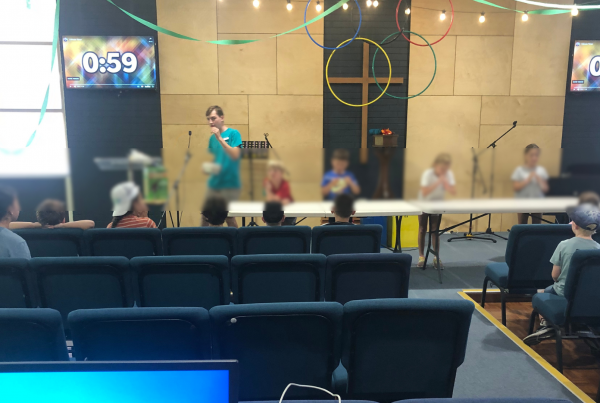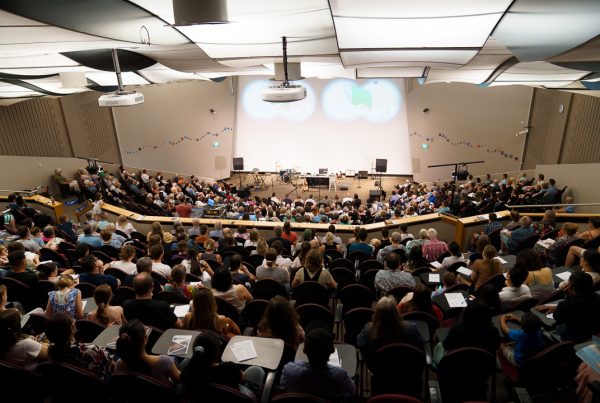Can you recall when you heard of the September 11 terrorist attacks on the World Trade Centre in New York? I was just turning on the radio to catch the 11pm news, up late packing that Tuesday night with Karyn, in the Kurrajong minister’s residence, getting ready to leave on annual leave a day or so later. Within minutes the TV was on and we were stunned as we saw both towers collapse in real time.
Of course, it’s twenty years ago this month. No current school students were alive then.
But I remember it as the most significant public event of my lifetime, perhaps only matched by the Boxing Day tsunami in 2004, less than a month after I started here..
The following Sunday, we’d made it to Adelaide, and the minister there abandoned his regular preaching program. I’m pretty sure he reflected on Psalm 13.
How long, Lord? … How long must I wrestle with my thoughts and day after day have sorrow in my heart? How long will my enemy triumph over me?
… But I trust in your unfailing love; my heart rejoices in your salvation.
I will sing the Lord’s praise for he has been good to me.
I remember the hymn we sang that Sunday in 2001. It was the first time I’d appreciated “Be Still My Soul” (to the beautiful, haunting Sibelius tune, ‘Finlandia’). It urges us to trust God’s faithfulness, even in dark circumstances. It uses the tactic – seen in the Psalms – of talking oneself back into faith in God. Yes, he leads us “through thorny ways”, but only “to a joyful end”, both in this life and the next. Jesus is our “best […] heavenly Friend”. He is with us through death’s dark vale (Psalm 23). Here’s the second verse…
Be still, my soul: your God will undertake to guide the future as he has the past.
Your hope, your confidence let nothing shake, all now mysterious shall be clear at last.
Be still, my soul: the tempests still obey his voice, who ruled them once on Galilee.
A month later, back from leave, I reflected at church that none of us has all the answers. But I did assert that a loving God does sometimes let suffering happen. C. S. Lewis said God whispers to us in our pleasures. But he shouts to us in our pains. Pain is God’s megaphone to rouse a world deaf to its sin. People ignore God in good times. But he allows pain to shatter the illusion that all is well.
And I reflected to some length on Luke 13:1-13. I still find it one of the most helpful passages at such times. And I always include vv10-13! While others argue the religious toss over whether to heal on the Sabbath, Jesus used his divine power and healed the woman. Now we can’t perform miracles on demand. But the example of Jesus the healer still inspires Christians to innumerable ministries of mercy.
I concluded with these words. Many religions have gods. But only one has a God who cared enough to become a man and die. As English author Dorothy Sayers put it,
“For whatever reason God chose to make man as he is – limited and suffering and subject to sorrows and death – He has the honesty to take His own medicine. He has himself gone through the whole of human experience, from the trivial irritations of family life and the cramping restrictions of hard work and lack of money to the worst horrors of pain and humiliation, defeat, despair, and death… He was born in poverty and died in disgrace and thought it well worthwhile.”
Reflectively in Christ,
Sandy Grant





